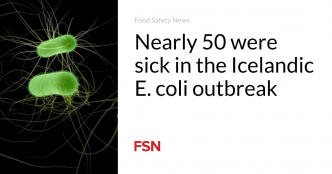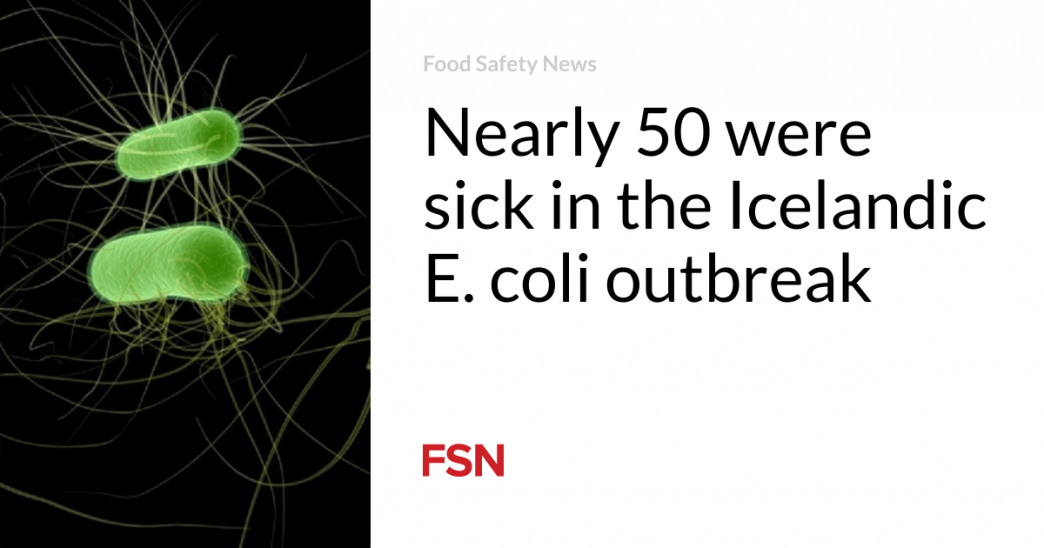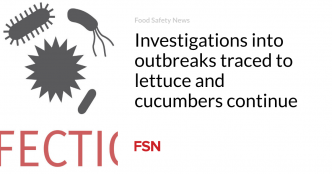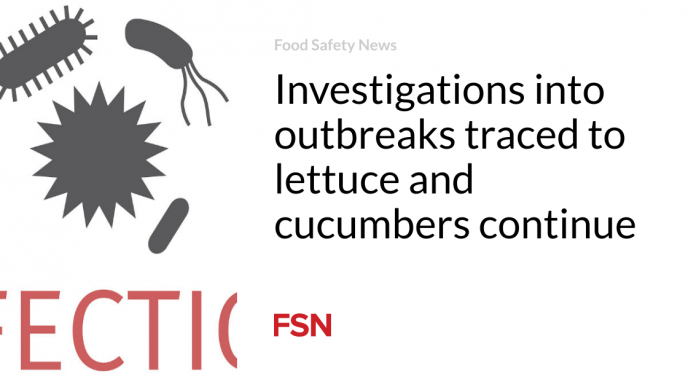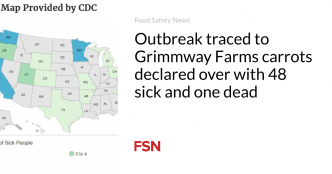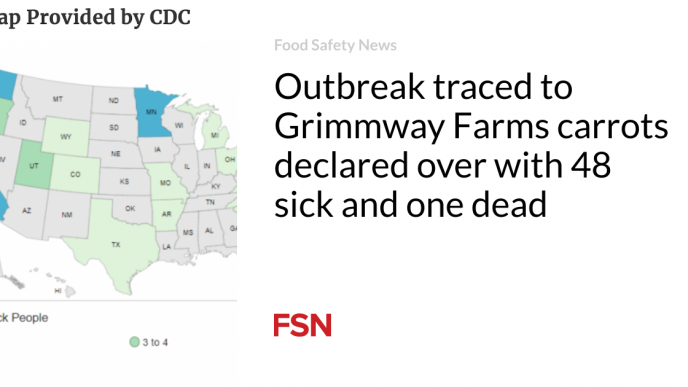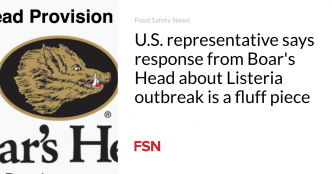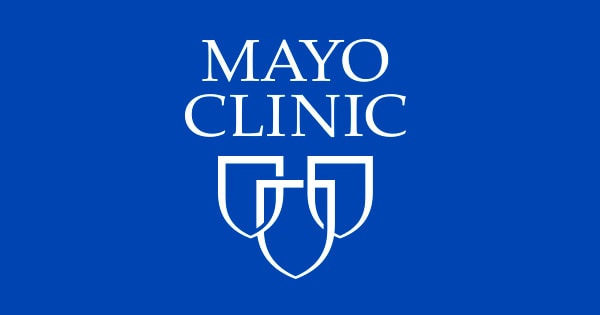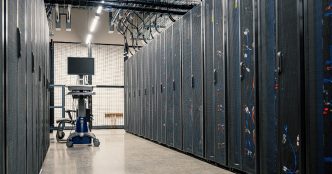The number of people infected in an E. coli O145 outbreak in Iceland has more than doubled to almost 50.
Landlaeknir (The Directorate of Health) previously said that 23 pupils from the Mánagarði kindergarten in the Vesturbær district of Reykjavík had been sick. The update was reported in December’s edition of EPI-ICE, an electronic newsletter from the Chief Epidemiologist on communicable diseases in Iceland.
In October, the first child was confirmed to have an infection caused by Shiga toxin-producing E. coli (STEC). At the same time, two other children from the same preschool were in hospital with similar symptoms. The suspicion arose that there was a cluster of infections at the preschool and that evening, the facility was temporarily closed. By the middle of the next day, the number of cases had reached 10.
The Reykjavík Health Inspectorate conducted an onsite inspection of the school and representatives of the Epidemiology Department contacted parents to review food consumption and the timeline of symptoms to find the source of infection.
A total of 49 people were diagnosed with STEC infection in the outbreak, of which 45 were children at the preschool. Other patients were an employee, an employee’s child, a parent, and a sibling.
A dozen HUS cases
Illnesses ranged in severity from mild diarrhea to severe illness requiring hospitalization and dialysis due to kidney failure. Twelve children were diagnosed with hemolytic uremic syndrome (HUS), five were admitted to intensive care, and two required dialysis treatment.
Early in the investigation, a suspicion appeared that the source of infection was ground beef served at the preschool on October 17.
Analysis of samples at Matís, a government-owned research company, confirmed that the same serotype, E. coli O145, was found in both stool samples from children at the preschool and in a sample from frozen ground beef used in the meal. Sequencing revealed the origin was the same. STEC was not detected in samples taken from other foods at the site.
Guidelines and recommendations were issued on when children and related contacts could return to school or work. The preschool was reopened on Nov. 5, and by the time six weeks had passed since the start of the cluster infection, most children had returned.
The investigation revealed that the preschool’s handling of ground beef during cooking was inadequate. A final report is being prepared and will be published later.
The meat was mixed beef and sheep mince from a company called Kjarnafæði. It was not sold on general sale but to larger kitchens, such as restaurants, canteens, and kindergartens.
The Icelandic Food and Veterinary Authority (MAST) contacted the company when evidence pointed to the meat. On the same day, the business informed all parties that it received ground meat from the same production batch used at the kindergarten. There were no confirmed reports of infections among other consumers.
(To sign up for a free subscription to Food Safety News, click here.)
